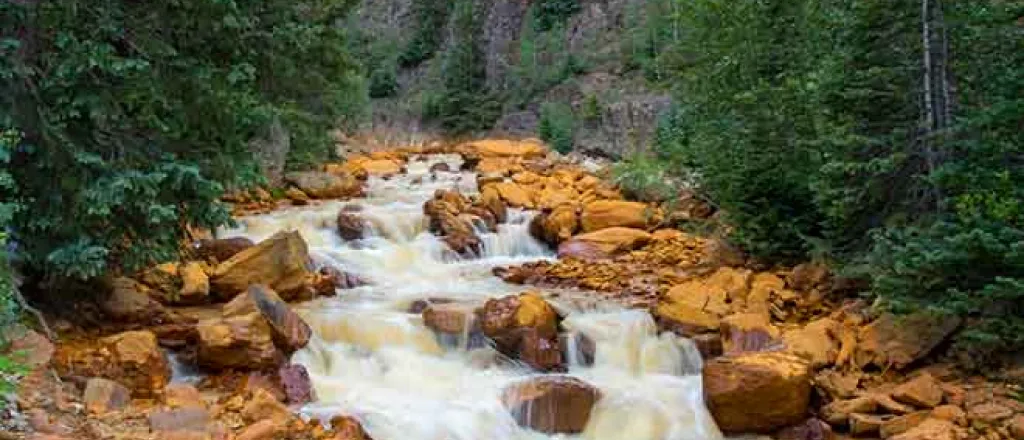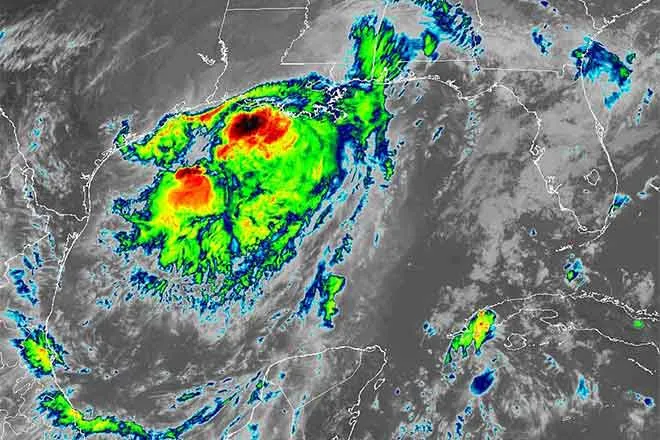
Mine exploration project near Boise River headwaters raises alarm
(Northern Rockies News Service) Conservation groups are concerned about a mining exploration project proposed near the headwaters of the Boise River.
The Idaho Copper Corporation is seeking approval from the U.S. Forest Service to look for copper and molybdenum, used in steel alloys, about 50 miles north of Boise. Critics of the project worry it will disturb the environment and also about the company's ultimate plan to build a large open-pit mine.
Nick Kunath, conservation program manager for the group Idaho Rivers United, said water quality is a major concern.
"Being at the headwaters of a major tributary to the Boise River, which is one of the primary drinking water sources for the city of Boise and the most densely populated area in the state, if there are any issues with water contamination or a spill, it's highly problematic and concerning," Kunath contended.
The Boise River provides about 30 percent of Boise's drinking water supply and helps irrigate farmland in the area, according to conservation groups. Idaho Copper said exploration will have minimal environmental impacts on the region. The Forest Service is accepting public comment on the proposal through November 2.
Similar proposals in the area have been struck down by the courts twice before, in 2012 and 2016.
John Robison, public lands director for the Idaho Conservation League, said because of the Mining Law of 1872, the Forest Service cannot deny exploration projects in the area.
"If we do projects like this in the same way and putting vulnerable areas at risk, we're going to end up with the same problems or worse problems," Robison argued. "Instead, we need to protect the areas that really matter to community water supplies and figure out how to responsibly manage mining moving forward."
Kunath emphasized the Forest Service's public comment period is an opportunity for recreational users like backcountry skiers and anglers to be part of this process.
"Whatever it is, if you use this area and have questions about how this project, even at this early exploration stage, will impact the reason that you care about this area or what may change, this is the best time to have your voice heard and potentially steer the direction of this project," Kunath urged.















